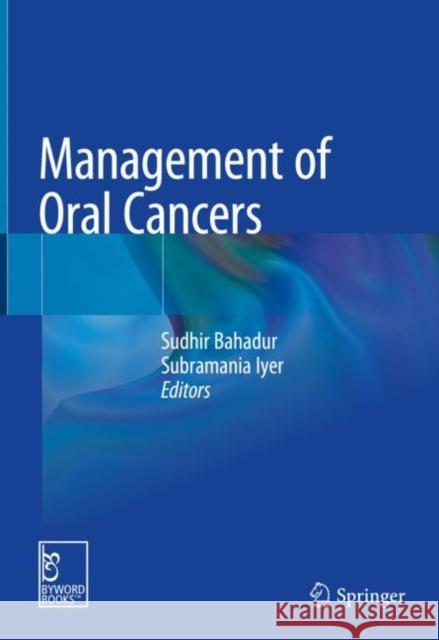Management of Oral Cancers » książka
topmenu
Management of Oral Cancers
ISBN-13: 9789811564987 / Angielski / Twarda / 2020 / 276 str.
Management of Oral Cancers
ISBN-13: 9789811564987 / Angielski / Twarda / 2020 / 276 str.
cena 805,10
(netto: 766,76 VAT: 5%)
Najniższa cena z 30 dni: 771,08
(netto: 766,76 VAT: 5%)
Najniższa cena z 30 dni: 771,08
Termin realizacji zamówienia:
ok. 22 dni roboczych.
ok. 22 dni roboczych.
Darmowa dostawa!
Kategorie BISAC:
Wydawca:
Springer
Język:
Angielski
ISBN-13:
9789811564987
Rok wydania:
2020
Wydanie:
2021
Ilość stron:
276
Waga:
0.68 kg
Wymiary:
25.91 x 19.56 x 1.52
Oprawa:
Twarda
Wolumenów:
01











